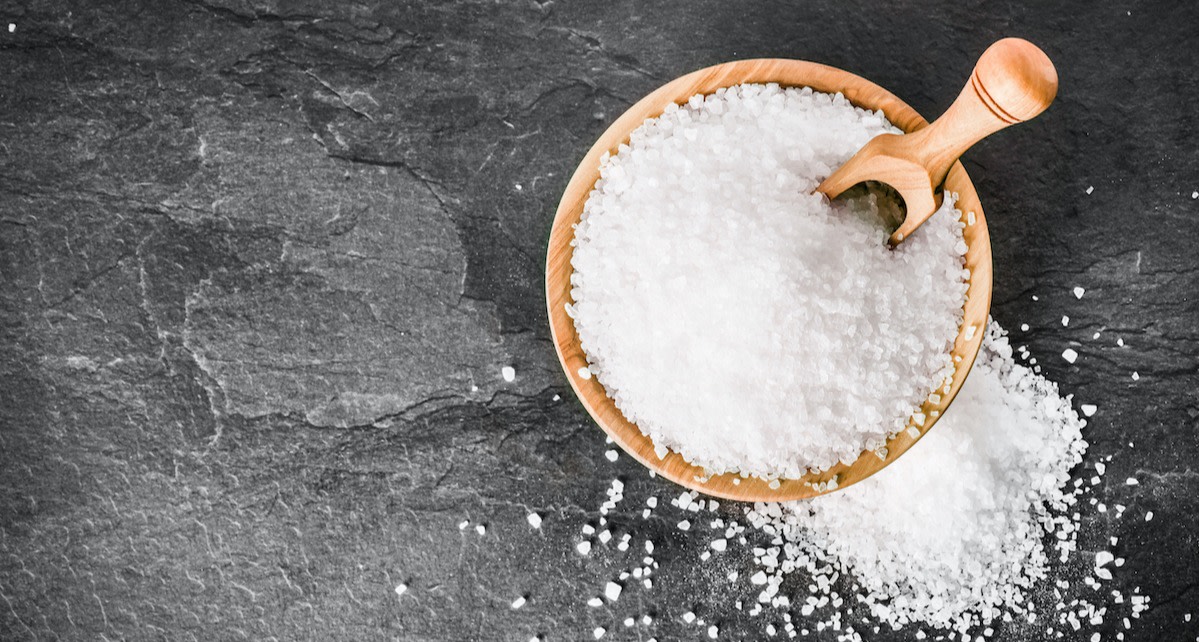Pickling Salt vs. Kosher Salt: How Do They Compare?
Written by MasterClass
Last updated: Jan 20, 2022 • 2 min read
When it comes to pickling recipes, fine-grain pickling salt is the best choice for a pure, uncloudy brine. On the other hand, kosher salt is ideal for drawing the moisture out of meat and flavoring pasta water. While pickling salt and kosher salt seem interchangeable, there are a few factors to consider when choosing the best salt for any recipe.
Learn From the Best
What Is Pickling Salt?
Pickling salt (also known as canning salt) is a fine-grain form of pure salt (or sodium chloride) that home cooks typically use to make pickles or preserve canned ingredients. This edible salt has no added iodine, anticaking agents, or potentially-discoloring trace minerals like you would normally find in iodized salt (which is regular table salt).
Experienced picklers prioritize this type of salt when making pickle recipes because it has no additives, yielding a clear pickle brine that won’t discolor your ingredients. This salt type also dissolves quickly in the pickling liquid, perfect for infusing vinegar.
What Is Kosher Salt?
Kosher salt is a coarse-grain form of sodium chloride that butchers typically use to dry brine meat to draw out its juices and add flavor. Kosher Jewish butchers use this salt as part of the koshering process. The flakes of kosher salt are larger and rougher than other salt crystals. Its larger grains make it a popular and versatile choice for grilling meats, lining Margarita glasses, and seasoning French fries.
Kosher salt and other salts, like sea salt or Himalayan salt (pink salt), often have anti-caking additives that prevent the salt granules from clumping in a salt shaker. Home cooks can find many kinds of salts and brands of kosher salt for sale at grocery stores, where they are available in different crystal sizes.
Are Pickling Salt and Kosher Salt Interchangeable?
Pickling salt and kosher salt are both pure forms of sodium chloride that you can use to season food, and in that respect, they are interchangeable. Kosher salt is a good substitute for pickling salt if you don’t have any on hand. If it is pure, kosher salt will not impede the pickling process. As extra insurance, read the label to confirm that the kosher salt doesn’t contain any anti-caking agents that can make the brine cloudy. It’s important to note that pickling salt is denser than kosher salt, with the same measurements yielding different salt concentrations, so you may need to use more than the pickling recipe requires.
However, pickling salt is not the best substitute for kosher salt when it comes to dry brining meat. Coarse salts with large flakes incite quick and even moisture evaporation from the meat, which means fine-grain pickling salt is not the best choice for dry brining.
Want to Learn More About Cooking?
Become a better chef with the MasterClass Annual Membership. Gain access to exclusive video lessons taught by the world’s best, including Alice Waters, Gabriela Cámara, Niki Nakayama, Chef Thomas Keller, Gordon Ramsay, Yotam Ottolenghi, Dominique Ansel, and more.
